China plans to improve policies to bolster both the public and the private elderly care sectors, create diverse and personalized employment opportunities for seniors, and gradually raise the retirement age, according to a key policy document released on Sunday.
As the proportion of people in the nation who are age 60 and above reached more than 21 percent last year and is estimated to exceed 30 percent by 2035, accelerating efforts to cope with a rapidly graying society are highlighted in a resolution that was adopted last week by the third plenary session of the 20th Central Committee of the Communist Party of China.
The document said that policies and mechanisms regarding the elderly care industry should be further upgraded, and more efforts should be made to develop the silver economy, including setting up job positions that are suitable for the elderly and match their personal strengths and interests.
Lu Jiehua, a sociology professor at Peking University, said the nation has rolled out a series of policies in recent years to boost the development of affordable, government-subsidized elderly care services as well as market-oriented services, and it is now vital to ensure their implementation.
Furthermore, the nation published a guideline last year requiring all provincial-level regions to provide a list of basic elderly care services, ranging from old age subsidies and material assistance to nursing and caregiving, Lu said.
"More efforts should be made to ensure these policies are implemented and bring convenience and a sense of satisfaction to the elderly," he added.
Lu said the concept of silver economy now incorporates not only economic activities that cater to citizens already reaching 60, but also products and services aimed at preparing for old age.
Regarding steps to accommodate seniors who seek employment, Lu said that issues such as workplace insurance plans, as well as special training to help older workers adapt to the digital world, should be addressed.
The document said that the nation plans to raise the retirement age based on a voluntary and flexible principle, and in a stable and orderly manner.
Lu said the plan is aligned with previous stances on the issue of delaying retirement, and its inclusion in this key policy document indicates a possible rollout of more specified policies in the future.
The resolution emphasizes that the nation's demographic strategy will revolve around addressing the aging population and declining birthrates.









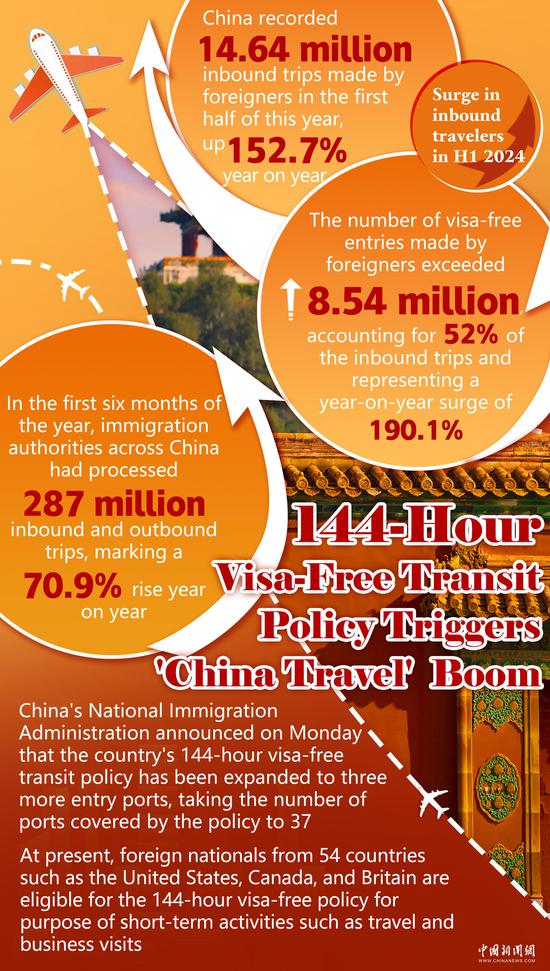















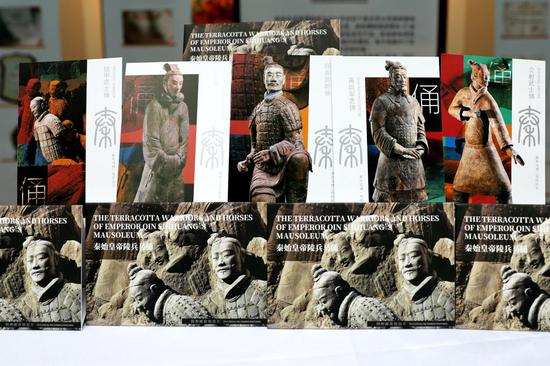


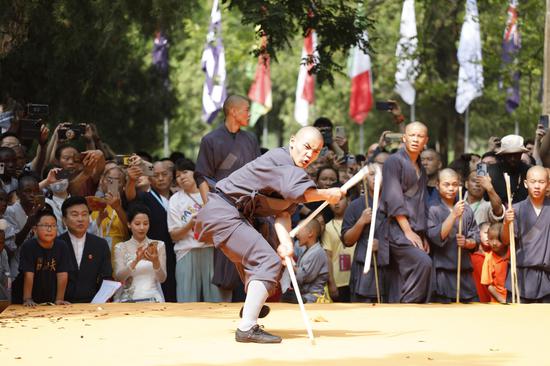









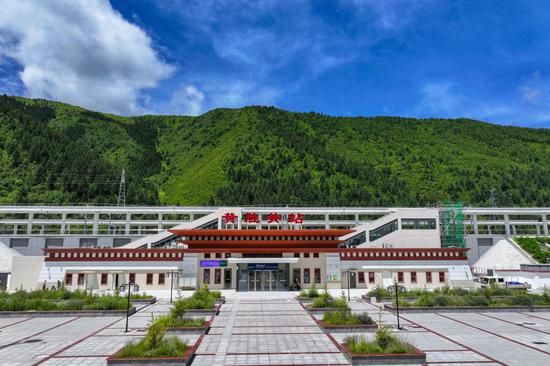
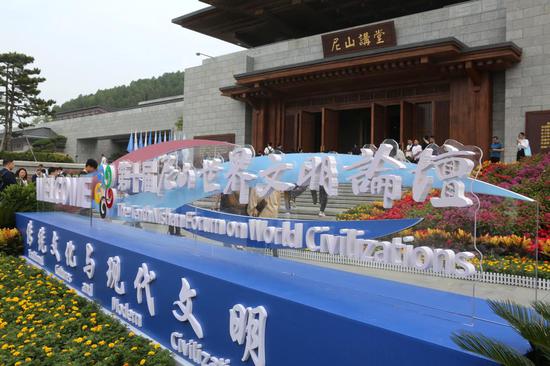






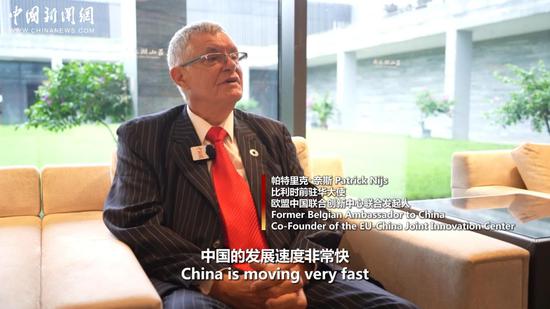



 京公网安备 11010202009201号
京公网安备 11010202009201号